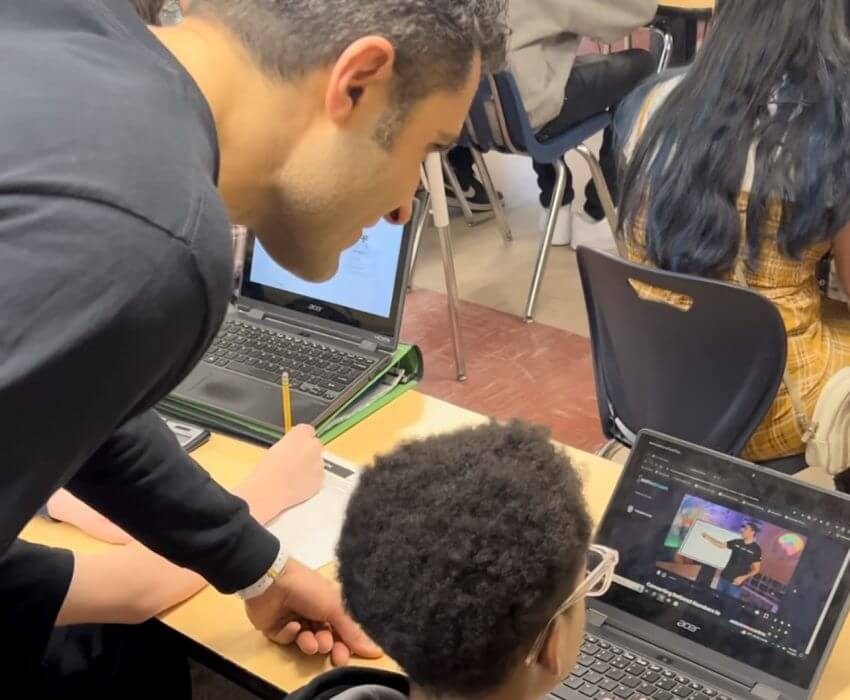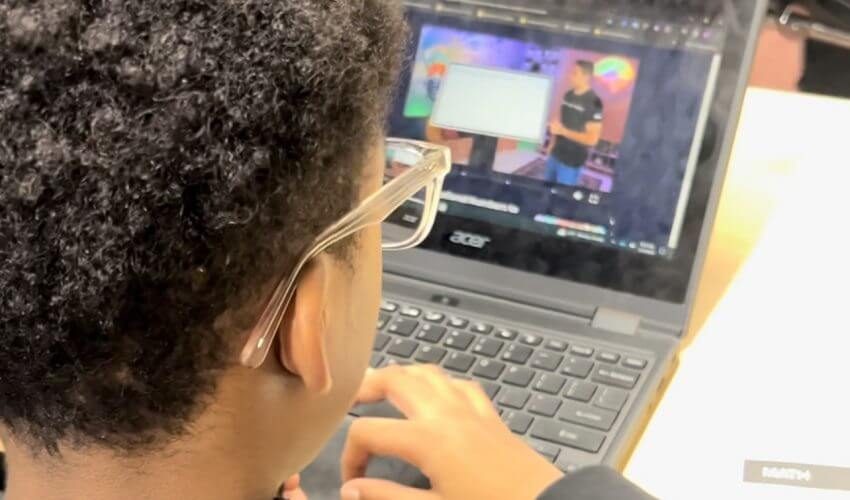Carnegie Learning’s MATHstream: Merging the hottest trends in tech to engage math students

In building MATHstream’s library of streamable math videos, Carnegie Learning scoured platforms like Instagram, TikTok, and YouTube for today’s best on-camera teachers and influencer educators. The group then partnered with them to create high-quality student-friendly videos. MATHstream features Mrs. Deidre Kelly, a 6th grade math teacher from Texas known to her 1.4 million TikTok followers as “@the_mrskelly,” Robert Ahdoot, a math teacher and the founder of online math platform YayMath.org, and Howie Hua, a college math instructor at Fresno state and TikTok and YouTube extraordinaire.
Overall, MATHstream can help scale tutoring accessibility, combat teacher fatigue and strain as a result of the ongoing teacher shortage, and aim to dramatically improve outcomes for struggling students.Carnegie Learning’s initial pilots of MATHstream had over 2,200 active learners by the end of the 2022-2023 school year. What’s more, a larger catalog of content is now available, and an additional 2,279 students have been assigned content, while 7,815 students have committed to MATHstream trials. By 2027, Carnegie Learning aims to improve math outcomes for approximately 447,500 students using MATHstream.



